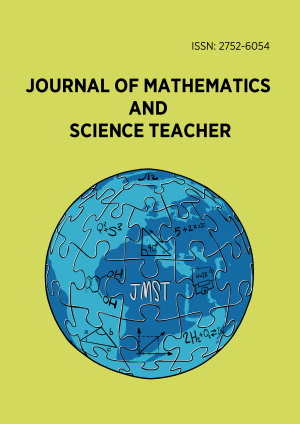Abstract
Artificial Intelligence (AI) tools are increasingly integrated into mathematics education due to features such as step-by-step solutions and interactive feedback. As students often face challenges in mastering mathematical concepts, this study explores the preferred AI math tools among foundation students at the University of Technology Sarawak (UTS), assessing their potential as self-study aids for both independent learning and classroom use. It also investigates how long students have been using these tools and whether their confidence in solving mathematical problems correlates with the duration of use. A total of 340 students from the Foundation in Arts (FIA) and Foundation in Science (FIS) programmes participated in a quantitative, cross-sectional survey. Descriptive statistics were used to examine tool preferences and usage patterns, while Spearman’s rank correlation was applied to explore the relationship between confidence levels and AI tool usage duration. Findings indicate that ChatGPT is the preferred tool, followed by Photomath and CameraMath. Most students identified as relatively new users, with the majority having used AI tools for less than six months. While confidence in problem-solving showed a modest increase with longer usage, the correlation was weak and statistically insignificant. These results suggest that although AI tools are widely adopted, their impact on student confidence remains limited.
License
This is an open access article distributed under the Creative Commons Attribution License which permits unrestricted use, distribution, and reproduction in any medium, provided the original work is properly cited.
Article Type: Research Article
Journal of Mathematics and Science Teacher, Volume 5, Issue 4, 2025, Article No: em089
https://doi.org/10.29333/mathsciteacher/16869
Publication date: 01 Oct 2025
Online publication date: 04 Sep 2025
Article Views: 3135
Article Downloads: 3331
Open Access References How to cite this article
 Full Text (PDF)
Full Text (PDF)